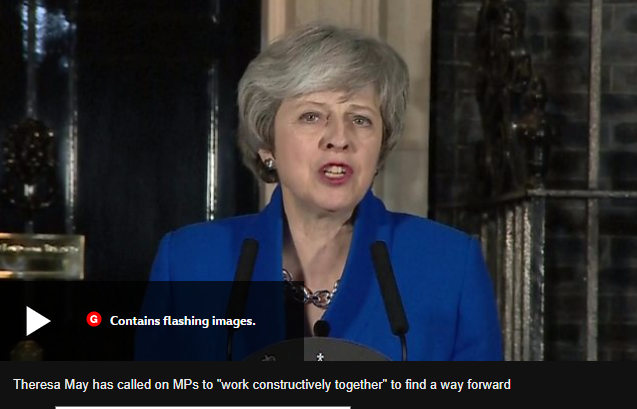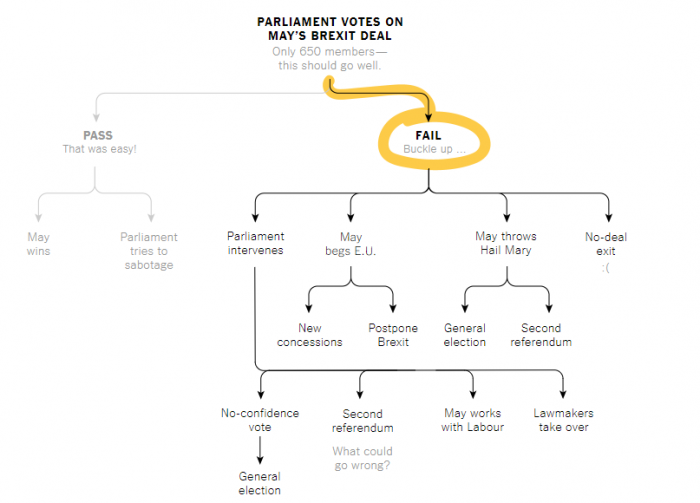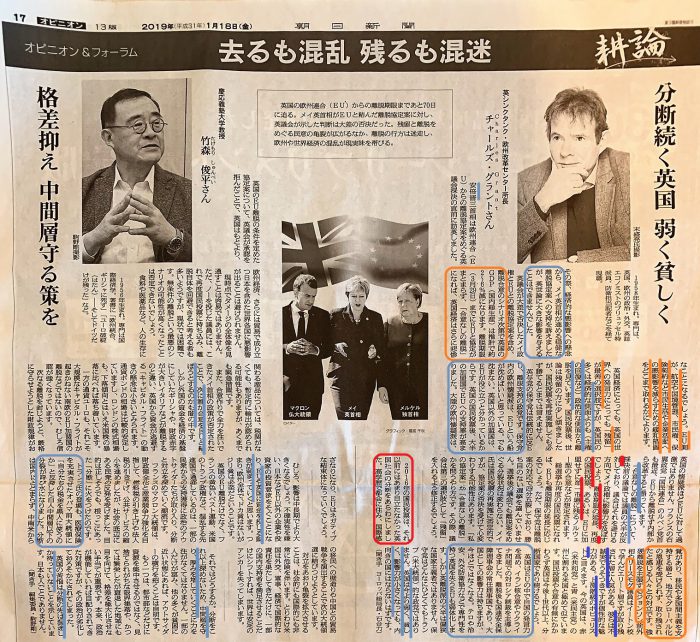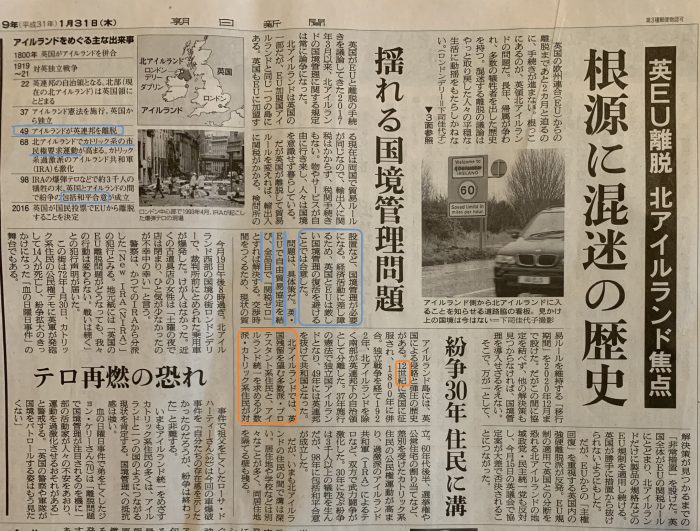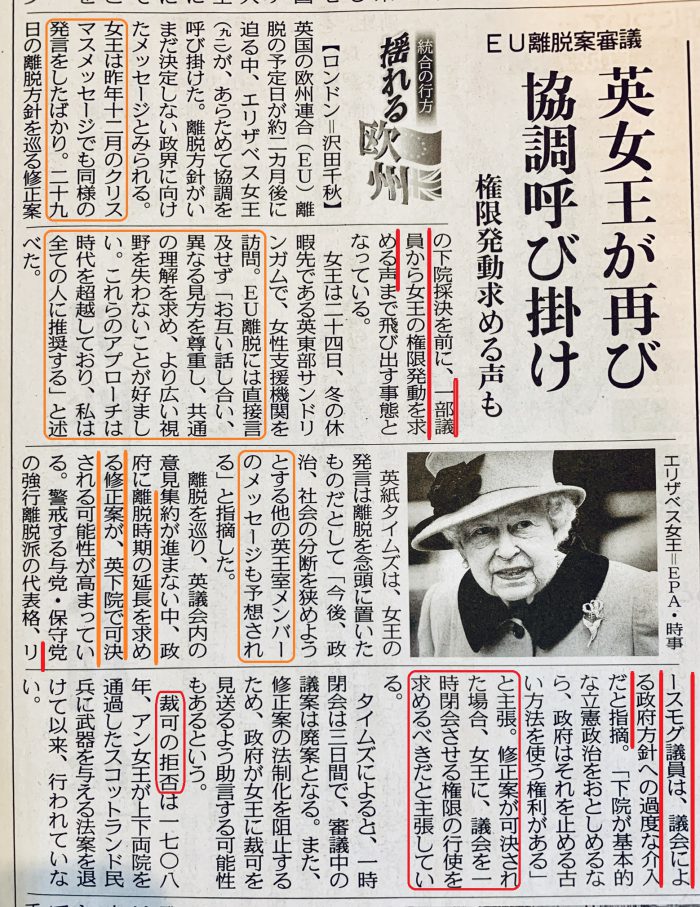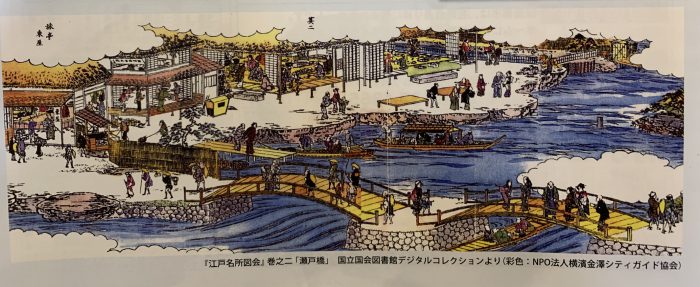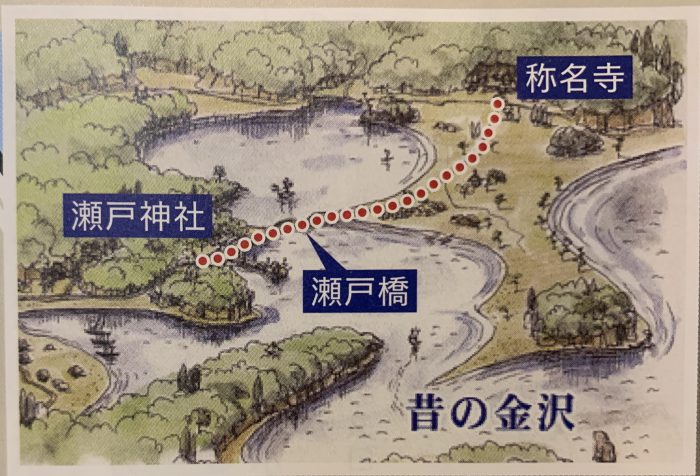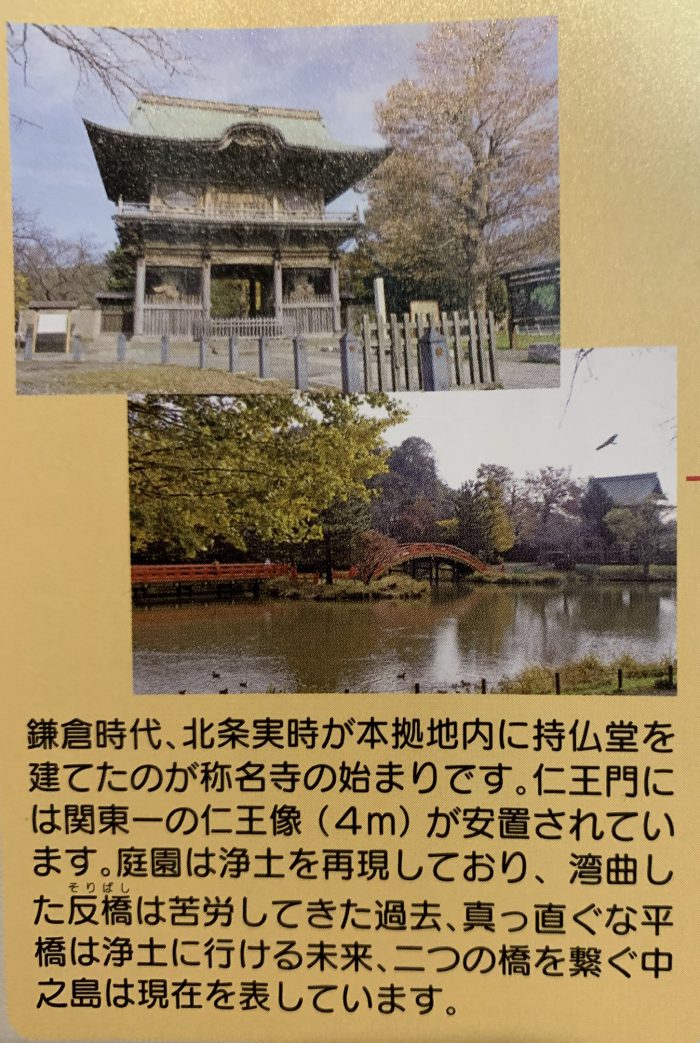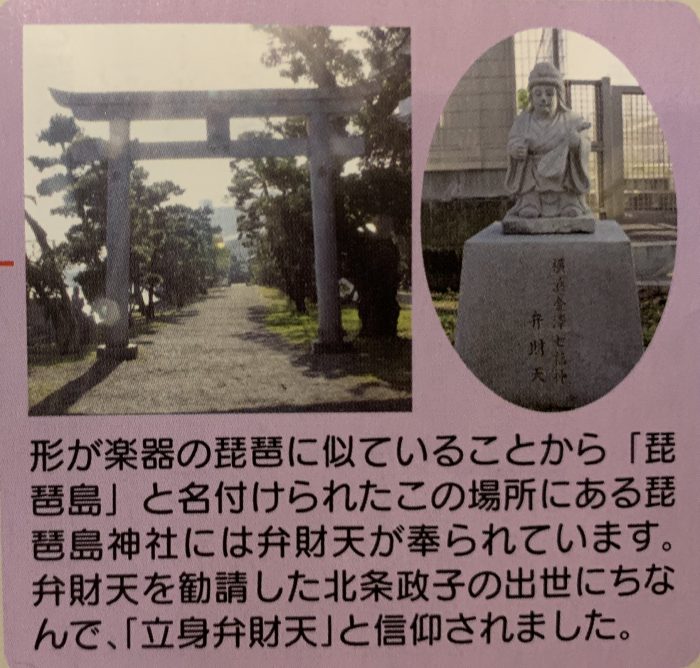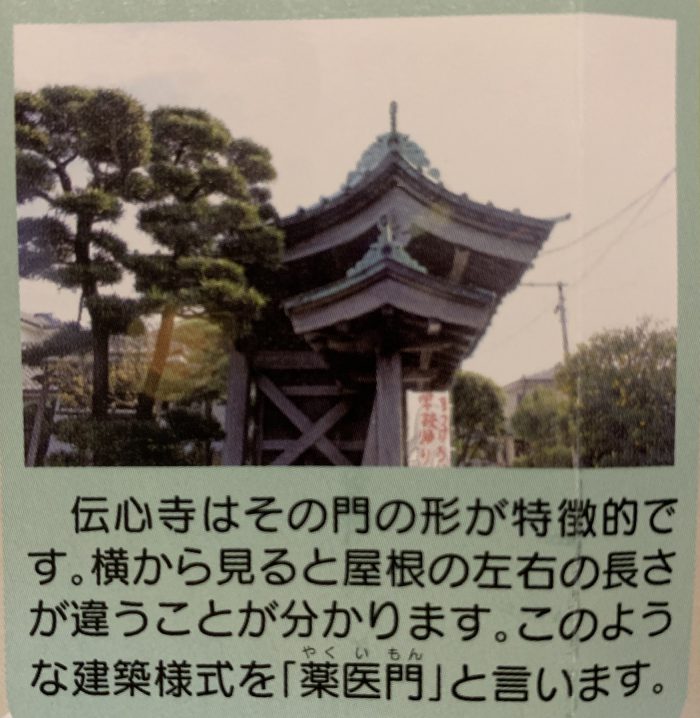♪Libiamo ne’ lieti calici
Giuseppe Fortunino Francesco Verdi
Brindisi ≪La Traviata≫ Atto Primo
歌劇≪椿姫≫第1幕 より 乾杯の歌(友よ、いざ飲みあかそうよ)
<イタリア語歌詞> <日本語歌詞>
Alfred
Libiamo, libiamo, ne’ lieti calici 友よ、いざ飲みあかそうよ
che la bellezza infiora, こころゆくまで
e la fuggevol, fuggevol, ora 誇りある青春の日の
s’inebrii a voluttà! 楽しいひと夜を!
Libiam ne’ dolci fremiti 若い胸には
che suscita l’amore, 燃える恋心
poichè quell’occhio al core やさしいひとみが
onnipotente va! 愛をささやく
Libiamo, amore, amor fra i calici またと帰らぬ日のために
più caldi baci avrà さかずきをあげよ!
Violetta
Tra voi, tra voi saprò dividere この世の命は短く
il tempo mio giocondo; やがては消えてゆく
tutto è follia, follia nel mondo, ねー だから今日もたのしく
ciò che non è piacer! すごしましょうよ!
Godiam, fugace e rapido このひとときは
è il gaudio dell’amore, ふたたびこない
è un fior che nasce e muore, むなしくいつか
nè più si può goder! 過ぎてしまう!
Godiam, c’invita, c’invita, un fervido 若い日は夢とはかなく
accento lusinghier, 消えてしまう
ah! ah! ne scopra il di, あー あー 過ぎてゆく
ah! ah! ne scopra il di, あー あー 過ぎてゆく
ah! si! あー あー
Nr.9 「酒を飲み干そう! Libiam, Libiam ne’ lieti calici」(歌劇『椿姫』第1幕より)
♪
(アルフレード)
Libiam, Libiam ne’ lieti calici リビアム リビアム ネ リエーティ カーリチ
Che la bellezza infiora, ケ ラ ベッラッツァ インフィオーラ
Che la bellezza infiora, エ ラ フッジェーヴォル フッジェーヴォル オーラ
S’inebri a voluttà. スィンネブリ ア ヴォルッタ
Libiam ne’ dolci fremiti リビアム ネ ドルチ フレーミティ
Che suscita l’amore, ケ スッシタ ラモーレ
Poiché quell’occhio al core ポイケ クエロッキオ アル コーレ
Onnipotente va. オンニポテンテ ヴァ
Libiamo, amor, amor fra i calici リビアーモ アモール アモール フラ イ カーリチ
Più caldi baci avrà. ピゥ カルディ バーチ アヴラ
(ヴィオレッタ)
In questo paradise トラ ヴォイ トラ ヴォイ サプロ ディヴィーデレ
In questo paradise イル テンポ ミオ ジョコンド
Tutto è follia, follia nel mondo トゥット エ フォッリーア フォッリーア ネル モンド
Ciò che non è piacer. チオ ケ ノン エ ピアチェル
Godiam, fugace e rapido ゴディアム フガーチェ エ ラピド
È il gaudio dell’amore; エ イル ガウディオ デッラモーレ
È un fior che nasce e muore, エ ウン フィオル ケ ナッシェ エ ムオーレ
Né più si può goder. ネ ピゥ スィ プオ ゴデル
Godiam c’invita, c’invita un fervido ゴディアム チンヴィータ チンヴィータ ウン フェルヴィド
Accento lusinghier. アッチェント ルズィンギエル
La vita è nel tripudio. ラ ヴィータ エ ネル トリプディオ
(アルフレード)
Quando non s’ami ancora. クアンド ノン サミ アンコーラ
(ヴィオレッタ)
Nol dite a chi l’ignora. ノル ディータ ア キ リンニョラ
(アルフレード)
È il mio destin così エ イル ミオ デスティン コズィ
(全員)
Godiam la tazza e il cantico ゴディアム ラ タッツァ エ イル カンティコ
La notte abbella e il riso; ラ ノッテ アッベッラ エ イル リーゾ
In questo paradise イン クエスト パラディーセ
In questo paradise ネ スコプラ イル ヌオヴォ ディ
●ヒアリングに使用したCD●
歌劇『椿姫』全曲(ロリン・マゼール指揮/ベルリン・ドイツ・オペラ管弦楽団)


投稿者 安藤 龍 時刻: 9:16

0 件のコメント:
コメントを投稿次の投稿前の投稿ホーム登録: コメントの投稿 (Atom)
ブログ アーカイブ
- ▼ 2008 (32)
- ► 2009 (44)
- ► 2010 (48)
- ► 2011 (48)
- ► 2012 (47)
- ► 2013 (48)
- ► 2014 (48)
- ► 2015 (40)
- ► 2016 (44)
- ► 2017 (40)
- ► 2018 (29)
■「日本語訳」について■
「日本語訳」はすべて新訳です。著作物ですので、訳の全部または一部を無断で複製(コピー)することは、著作権の侵害に当たり、著作権法により罰せられます。
佐野成宏 & 大村博美 ヴェルディ 椿姫 「乾杯の歌」 2007























